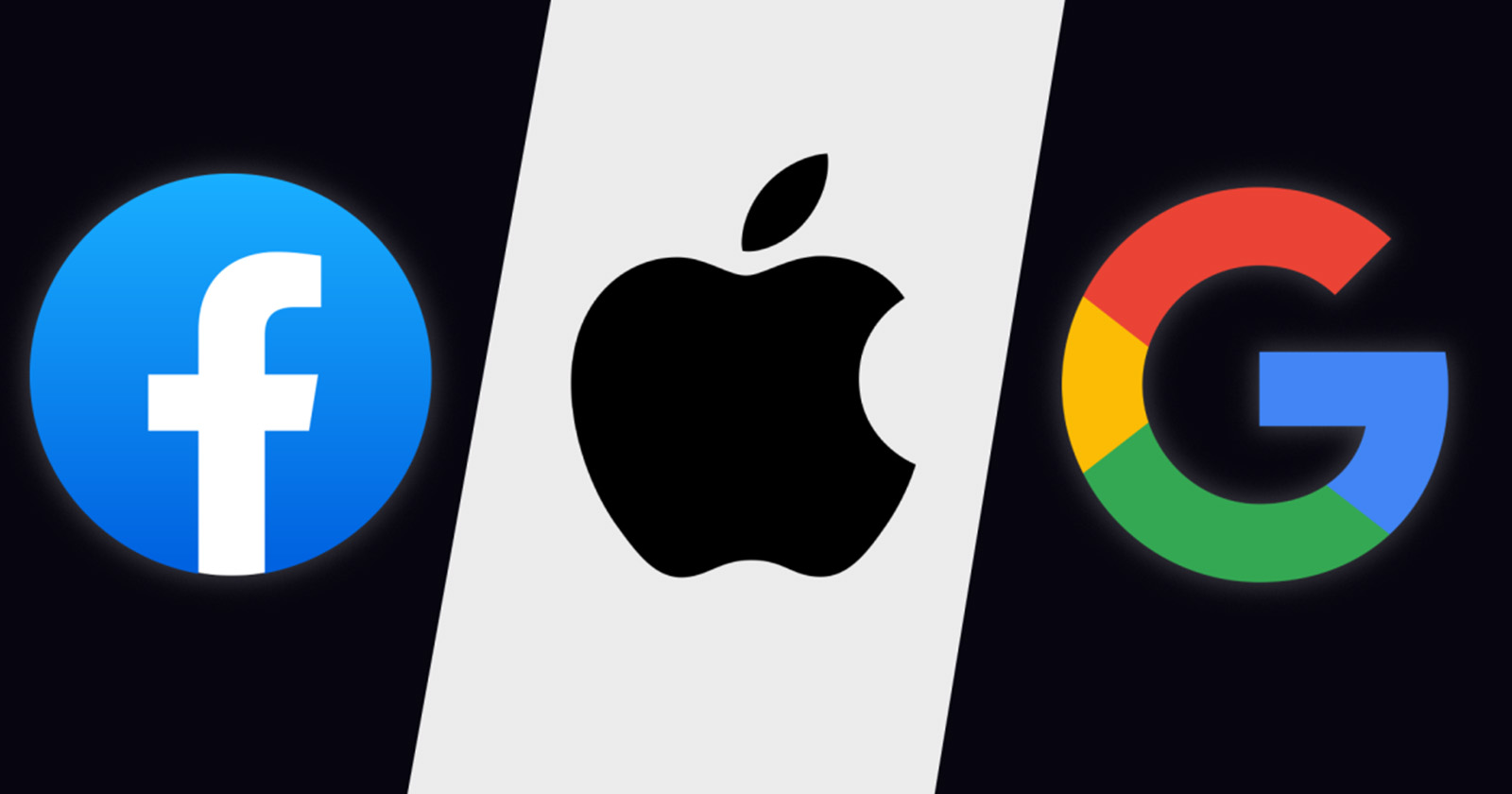Australia has introduced a draft law aiming to strengthen digital competition by penalizing global technology giants for anti-competitive practices. The proposal, unveiled on Monday, seeks to impose fines of up to AUD 50 million (USD 33 million) on companies that hinder consumer choice or suppress innovation.
Key Provisions of the Proposed Law
- Scope and Oversight
- The legislation would empower the Australian Competition and Consumer Commission (ACCC) to oversee compliance, investigate online anti-competitive behavior, and enforce penalties.
- Platforms deemed to pose significant risks to competition, such as app stores, online search engines, and ad technology services, will be prioritized.
- Targeted Practices
- Restrictions would prevent companies from:
- Favoring their own services over third-party offerings.
- Promoting poorly rated apps at the top of search results.
- Using “sneaky tactics” to lock consumers into specific ecosystems.
- These measures aim to simplify switching between services, enhancing competition across social media platforms, internet browsers, and app stores.
- Restrictions would prevent companies from:
- Fine Details
- Penalties of up to AUD 50 million would be imposed for violations, signaling Australia’s firm stance on regulating dominant tech players.
- Consultation Timeline
- A public consultation period is open until February 14, 2024, after which the draft legislation will be finalized.
Broader Context
- Inspired by the EU: The proposed law is modeled after the European Union’s Digital Markets Act, which enforces similar rules on Big Tech.
- Recent Legislative Efforts: Last week, Australia banned social media usage for children under 16, reflecting broader efforts to regulate digital spaces.
- Market Dominance:
- Google: Controls 93%-95% of online search services in Australia.
- Apple and Google: Together dominate the app store market, with Apple commanding 60% of downloads and Google Play Store 40%.
- Meta: Facebook and Instagram account for 79% of social media usage in the country.
Government’s Position
Assistant Treasurer Stephen Jones highlighted that dominant platforms often restrict consumer choice, inflate costs, and stifle innovation by smaller players. The legislation aims to address these challenges and promote a fair digital economy.
Industry Response
Major tech companies, including Apple, Google, and Meta, have not yet commented on the proposal. However, the new regulations are expected to add to the growing scrutiny these companies face globally.
Implications
If enacted, the law could reshape Australia’s digital landscape by encouraging competition, enhancing transparency, and reducing consumer dependency on dominant platforms. This aligns with global trends of holding Big Tech accountable for their market influence.


















